Drilling Engineering for Non-Drilling Engineers Training – Full Details
“Drilling Engineering for Non-Drilling Engineers Training”
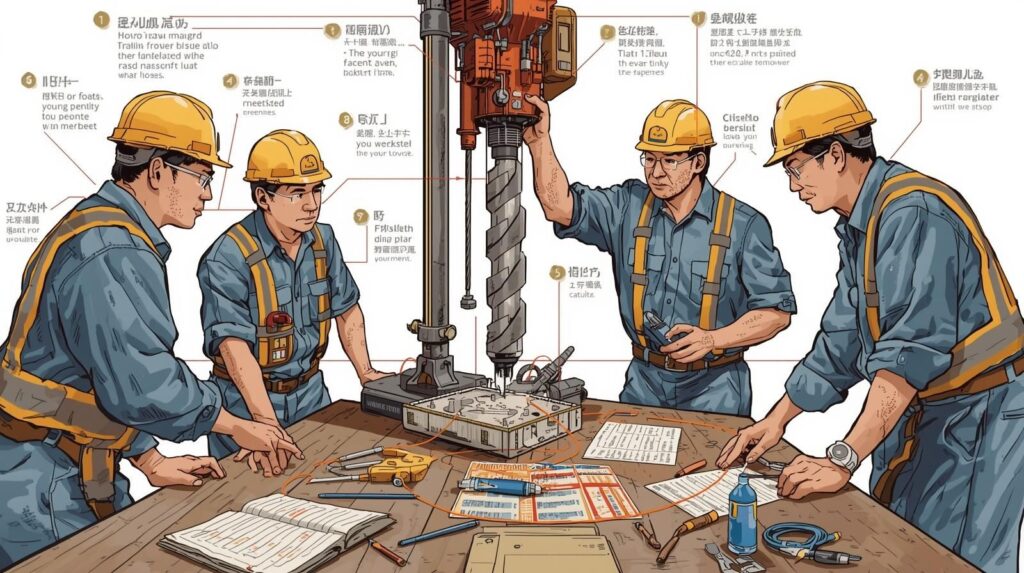
Drilling Engineering for Non-Drilling Engineers Training – Full Details
📘 Course Description
The Drilling Engineering for Non-Drilling Engineers Training is designed to provide professionals with a practical understanding of drilling operations in the oil and gas industry. The course explains the principles, processes, and technologies used in drilling engineering in a simple, non-technical way to help non-drilling professionals gain confidence when working with drilling teams.
Participants will learn about well planning, drilling rig types, drilling fluids, well control, casing, cementing, directional drilling, and safety practices. The training bridges the knowledge gap between drilling experts and professionals from other disciplines, enabling effective communication, collaboration, and project execution.
🎯 Course Objectives
By the end of this training, participants will be able to:
- Understand the fundamentals of drilling engineering and well construction.
- Recognize the different types of drilling rigs and their applications.
- Learn the basics of drilling fluids, casing, and cementing operations.
- Comprehend well control principles and safety procedures.
- Understand directional and horizontal drilling concepts.
- Improve communication with drilling engineers and rig crews.
- Interpret drilling reports, daily operations, and performance indicators.
- Relate drilling activities to overall oil and gas field development.
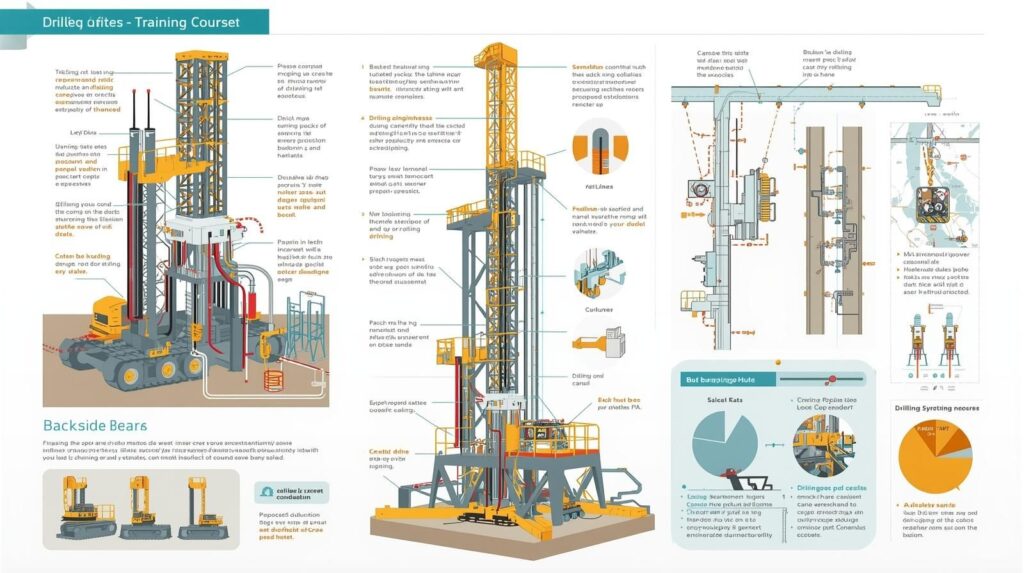
📝 Course Content
Module 1: Introduction to Drilling Engineering
- Overview of the oil and gas industry
- Exploration vs. production drilling
- Key drilling terminologies and concepts
Module 2: Drilling Rigs and Equipment
- Types of drilling rigs: land, jack-up, semi-submersible, drillship
- Main rig components: hoisting, circulating, rotating, power systems
- Drill string and bottom hole assembly
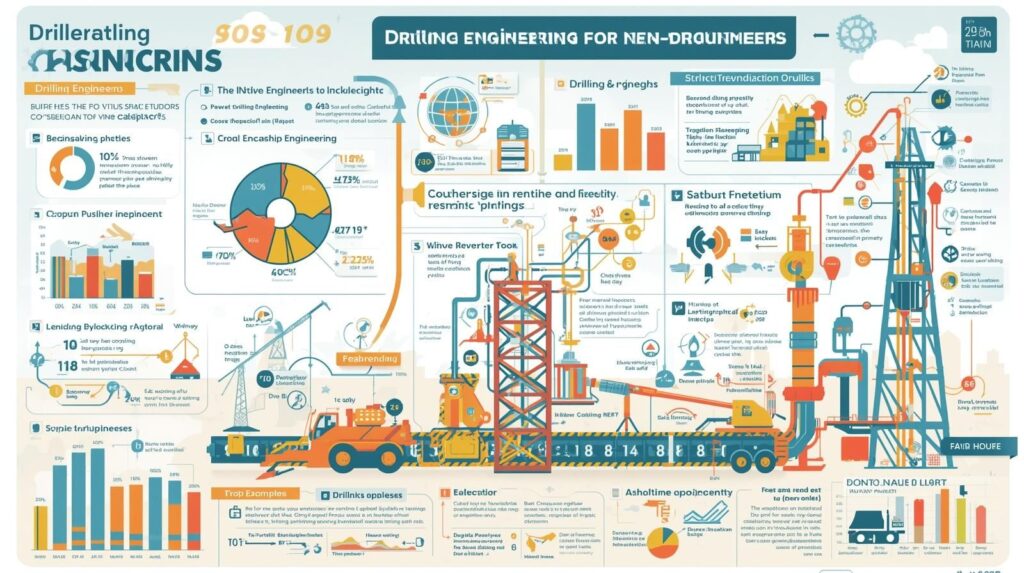
Module 3: Well Planning & Design
- Well objectives and planning stages
- Types of wells (vertical, deviated, horizontal, multilateral)
- Well trajectory and design considerations
Module 4: Drilling Fluids (Mud)
- Functions of drilling fluids
- Types of drilling muds (water-based, oil-based, synthetic-based)
- Drilling fluid properties and monitoring
Module 5: Casing & Cementing
- Purpose of casing strings
- Types of casing (conductor, surface, intermediate, production)
- Cementing techniques and zonal isolation
Module 6: Drilling Operations & Well Control
- Drilling process step by step
- Kick detection and prevention
- Blowout preventers (BOP) and well control methods
Module 7: Directional & Horizontal Drilling
- Tools and techniques for deviated drilling
- Measurement While Drilling (MWD) and Logging While Drilling (LWD)
- Extended reach drilling applications

Module 8: Drilling Challenges & Safety
- Common drilling problems (stuck pipe, lost circulation, hole cleaning)
- Health, Safety, and Environment (HSE) in drilling
- Best practices for safe and efficient drilling
Module 9: Drilling Project Economics & Reporting
- Cost estimation in drilling projects
- Daily drilling reports (DDR) and key performance indicators
- Drilling project management and decision-making

👨🏫 Who Should Attend
This course is ideal for non-drilling professionals who interact with drilling teams, including:
- Petroleum, reservoir, production, and completion engineers
- Geologists, geophysicists, and petrophysicists
- Project managers and field development planners
- HSE officers and supervisors
- Supply chain, procurement, and logistics professionals
- Finance and business development professionals in oil & gas
- Anyone seeking foundational drilling knowledge
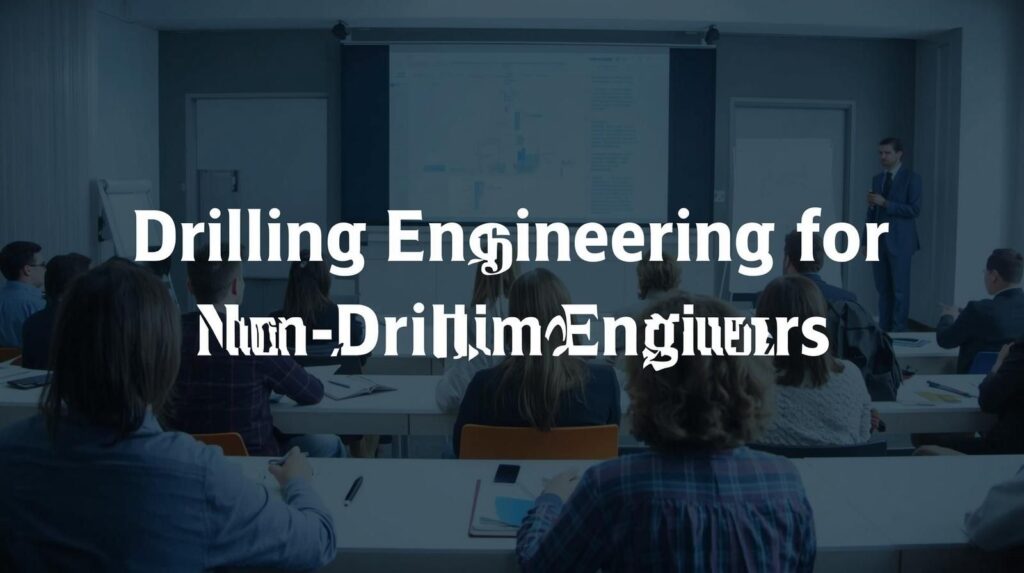
🎓 CPD Unit
- 35 CPD Hours / 5 CPD Units (for a 5-day program)
- Certificate of Completion awarded
💰 Course Fees
- Classroom Training (5 Days): USD 3,500 – 4,500 per participant
- Online/Virtual Training (5 Days): USD 1,800 – 2,200 per participant
(Fees may vary depending on training provider, location, and group size)
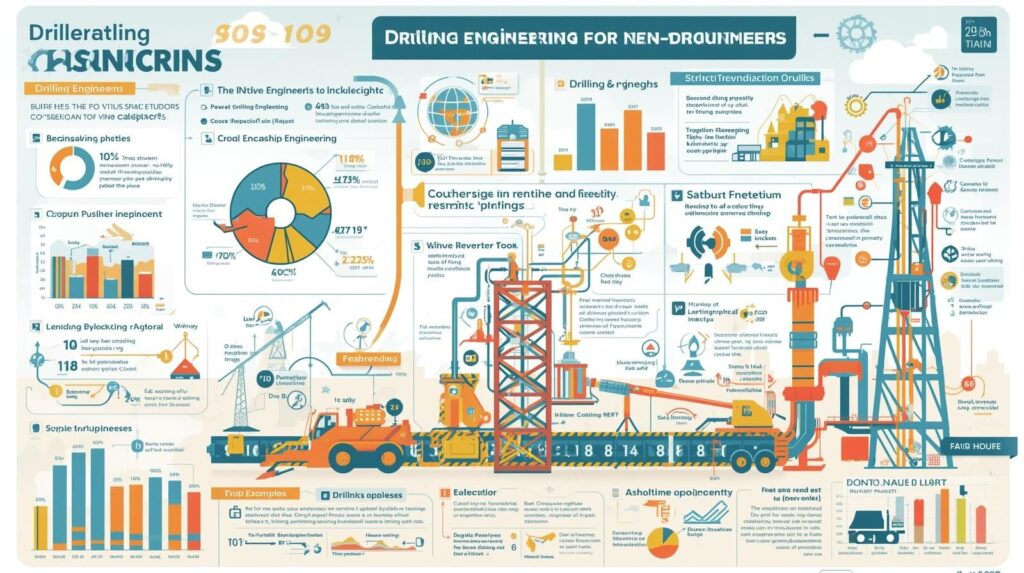
💼 After Course – Job Opportunities & Salary
Completing this training enhances career opportunities in the oil & gas sector by bridging the knowledge gap between engineering and drilling operations. While the course itself is not a substitute for a Drilling Engineer degree, it adds significant value for professionals working with drilling teams.
Possible Roles After Training:
- Petroleum or reservoir engineer with drilling knowledge
- Drilling project coordinator
- Wellsite support engineer (non-drilling)
- HSE drilling specialist
- Oilfield services coordinator
- Project management roles in drilling projects
Salary Expectations (approximate, depending on experience & location):
- Entry to Mid-Level Roles: USD 60,000 – 90,000 per year
- Specialist / Coordinator Roles: USD 90,000 – 120,000 per year
- Management & Senior Roles: USD 120,000 – 160,000+ per year
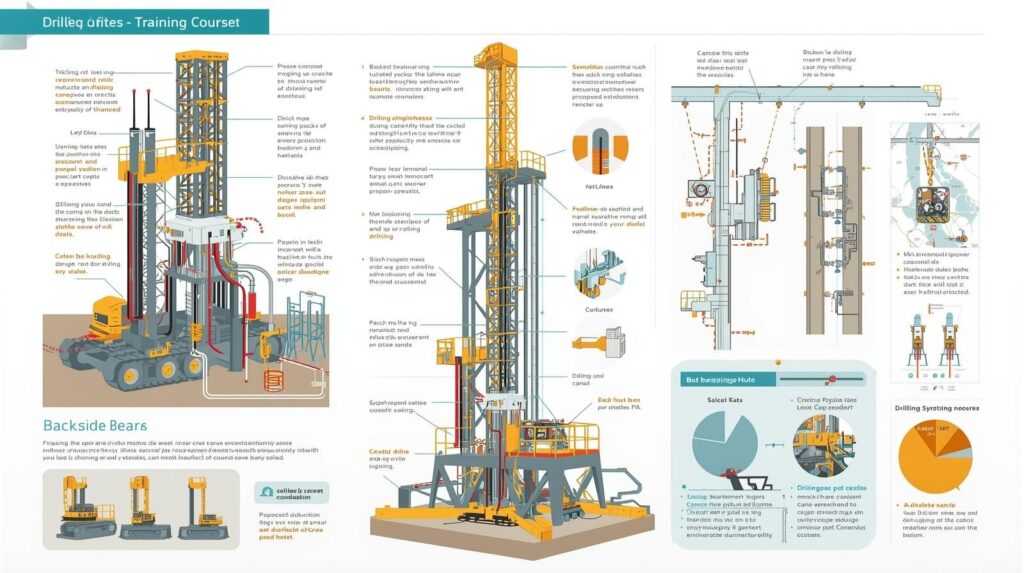
📌 Tags
Drilling Engineering Training
Drilling Engineering for Non-Drilling Engineers
Oil and Gas Training Courses
Well Drilling Operations Training
Drilling Fundamentals Course
Petroleum Engineering Training
Oilfield Training Programs
CPD Accredited Drilling Training
Drilling Rig Operations Course
Directional Drilling Training

